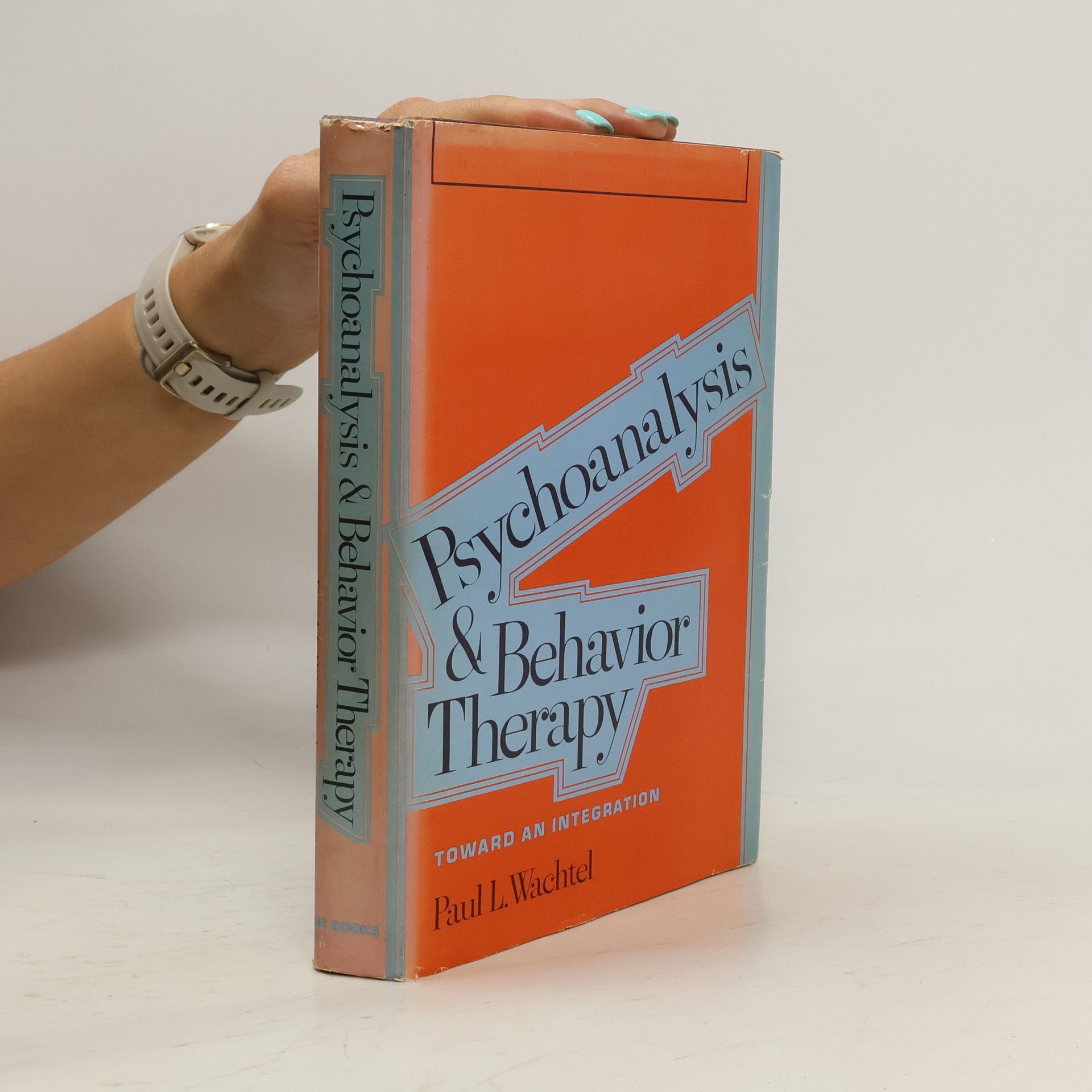This text examines the implications of developments in psychoanalytic and behavioural approaches. It addresses the powerful influence of cognitive perspectives in the thinking of behaviour therapists, and the emergence of a distinctive and integrative relational point of view in psychoanalysis. Dr Wachtel has developed an integrative theory called cyclical psychodynamics, and both these developments have been incorporated into this model.
Paul L. Wachtel Livres


Focusing on the integration of various therapeutic strategies, the book delves into how early attachment experiences shape individuals' emotional development and self-perception. Wachtel emphasizes the importance of acknowledging neglected aspects of the self and employs a blend of psychodynamic, humanistic, systemic, and cognitive-behavioral approaches. By addressing the influences of race, class, and culture, the work provides valuable case studies that demonstrate how present-focused therapy can facilitate healing from past traumas.